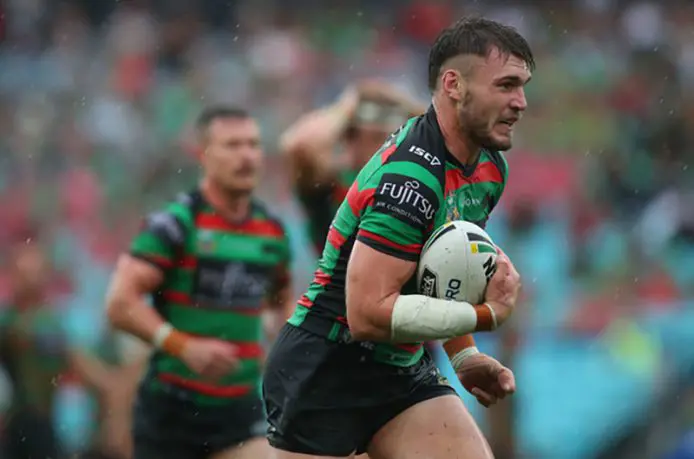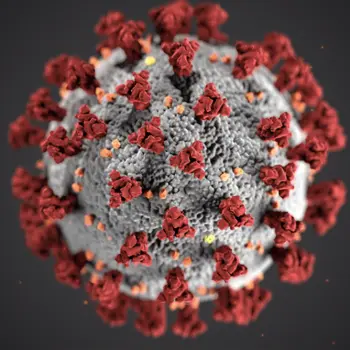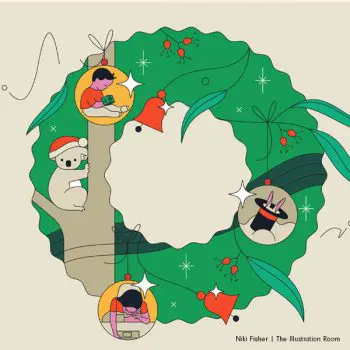Rugby league is gruelling. Two 40-minute halves played in winter’s fury of rain and wind. Thirteen 100kg men running towards you, intent on knocking you flat. Receiving, or dishing out, contest after contest, body on body, to move that ball closer to the try line. And that’s just game day. Most professional rugby players train full time, in addition to a religiously adhered to regime of protein shakes and early nights.
Pound for pound, rugby league is one of the most brutal and unforgiving sports around – demanding speed, endurance, strength, agility, skill level and physicality. But it is also a game, and a journey, of mental toughness.
This month, we talk resilience with Australian professional rugby league footballer Angus Crichton. Second-row forward for the Sydney Roosters in the NRL (previously at South Sydney Rabbitohs) he played in the club’s 2019 Grand Final victory, and is set to represent NSW in his third State of Origin series beginning this week.
Angus, before the South Sydney Rabbitohs contract, before ever donning the Blues Origin jersey, even before playing in the Australian Schoolboys Rugby Union, how did you put in all the hard work without knowing if you would be successful in a highly competitive arena?
Believe it or not, as a kid, I always thought that I was going to be a footy player. I knew I would play rugby for a job. I had Roosters posters on my wall and all the team jerseys. I had a single focus and unwavering goal. That has driven me forward even when times were tough. I know I am living the dream. What I do for my profession is something I really love.
The 2020 NRL season has been like no other due to Covid-19. What have you found hardest about your profession as an athlete this year?
Personally, it’s been a tough year with NRL in a bubble. We’ve only been allowed to go to training, go home, essential shopping, haircut and the like. Beyond training, no one is allowed to see anyone outside of their own household, not even our families. That’s been tough – I’m currently single and live with another player so it’s a small household.
There are good things though – no one else [in Sydney] is going out partying either so you don’t feel like you are missing out. I’ve also picked up some new hobbies. I’ve become a better chef – that’s a big plus – and I have been learning keyboard and painting. So, the time has been well spent.
What support systems have you relied on during this time?
If you have a clear head you will be able to perform so staying connected with my support network has been really important: my sisters, my mum and dad, my mates. Like everyone else in isolation, Zoom and Facetime have been really good ways to stay in touch.
Football is not an individual sport, so how do you go about building the collective resilience of your team?
Culture is huge. You need a good team culture if you are consistently going to be at the top of a ladder. This gets recognised in the big moments – the pressure games and the crunch times – but I think it comes out at training when no one is watching.
It is based on the work you do away from game day. The principles, the systems, the trust you build with the guys either side of you. We train together, go through uncomfortable sessions together, build bonds. When your back is against the wall you know you are able to rely on the guys you go to ‘work’ with. They show up.
What is your own mantra or a favourite quote that really speaks to the resilience that is needed in such a gruelling and competitive sport?
For me it’s been pretty simple – when I’m hurting I just say to myself “deal with it”, “get the job done”. That’s the same, whether it’s physical pain or mental pain and internal or external stresses. We are conditioned to playing a tough sport. The training is brutal but there is also a lot of pressure and stress to perform in the public eye. It all rolls into one. So, for me, on the field – when I’m tired and hurting – I just tell myself to make it work.
Finally, outside the football field, can you share a time or situation where you have really needed personal resilience, and what has been the greatest source of this for you?
Most of my tough times have come from football – it is a lot of my life. Aside from the physicality of the sport, and the heartbreak of losing matches or not playing to my potential, I’ve had to learn to deal with scrutiny and judgement that comes with being a player.
For me, I lean on my friends and my family. Many of my friends also play rugby so they can relate to similar situations. One of my best mates from childhood – Jack Maddocks – also plays professional sport [for NSW Waratahs] and we talk a lot, share our opinion and give each other out support. In many ways, resilience comes from being able to be vulnerable with people that matter.







